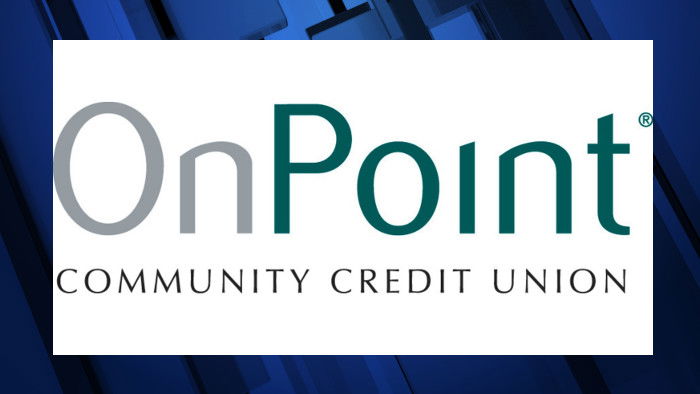OnPoint Community Credit Union releases free financial literacy eBook

PORTLAND, Ore. (KTVZ) — April is Financial Literacy Month, and communities in Oregon and Southwest Washington continue to face growing economic complexities, soaring food and energy prices, and the Federal Reserve’s first interest rate increase since 2018.
To support communities through these complex financial times, OnPoint Community Credit Union released a free eBook, the OnPoint “Guide to Financial Wellness.” The eBook shares in-depth and actionable information to help people pursue better financial outcomes and protect their future.
“At a time when interest rates, gas and grocery prices are on the rise, financial education is more critical than ever,” said Rob Stuart, President and Chief Executive Officer, OnPoint. “Our purpose is to build strong communities through financial well-being, and we have a duty to ensure our neighbors know how to protect their budgets and families. Regardless of experience, everyone can benefit from more financial education.”
According to a 2018 study by the FINRA Investor Education Foundation, 48% of Oregonians lack an emergency fund to cover three months of expenses for emergencies such as sickness, job loss or economic downturn, underscoring why financial literacy is more important than ever.
OnPoint’s eBook includes simple, actionable steps to increase financial knowledge. Here are just a few of the tips:
- Learn about yourself. Your culture, religion, upbringing and experiences are just a few factors that influence your financial decisions, sometimes in ways you don’t expect. Gaining a deeper understanding of your relationship with money can help you progress toward your goals. The free “Your Money Personality” tool can help you identify how your experiences inform your decisions.
- Understand your financial position. The first step of financial goal setting should be a “gap analysis,” a process for grasping the difference between where you are now and where you want to be. Here are some questions to help you with your gap analysis: What outcome do I want? What resources do I need to achieve my goals? How will I track my goal?
- Set realistic, achievable goals. After a gap analysis, use the “SMART” goals framework to create meaningful goals and give you a roadmap for achieving them. Smart goals are: Specific, Measurable, Attainable, Relevant and Time-bound.
- Understand your loan options. To achieve your financial goals, you may want to assess whether borrowing money is the right path for you. Consult your financial institution to determine the best type of loan for your situation. To fully understand what you’re taking on, make sure you learn about loan elements, including the principal, term, interest rate and fees.
In addition to its free eBook, OnPoint works to build financial literacy by providing access to local in-person financial guidance at its 55 branches, financial education workshops, personalized financial education tools through Enrich and its blog. Each resource aims to provide practical tips and tools people can implement today to meet their financial goals and build sustainable habits.
ABOUT ONPOINT COMMUNITY CREDIT UNION
OnPoint Community Credit Union is the largest credit union in Oregon, serving over 476,000 members and with assets of $9.4 billion. Founded in 1932, OnPoint Community Credit Union’s membership is available to anyone who lives or works in one of 28 Oregon counties (Benton, Clackamas, Clatsop, Columbia, Coos, Crook, Curry, Deschutes, Douglas, Gilliam, Hood River, Jackson, Jefferson, Josephine, Klamath, Lane, Lincoln, Linn, Marion, Morrow, Multnomah, Polk, Sherman, Tillamook, Wasco, Washington, Wheeler, and Yamhill) and two Washington counties (Skamania and Clark) and their immediate family members. More information is available at www.onpointcu.com or 503-228-7077 or 800-527-3932.